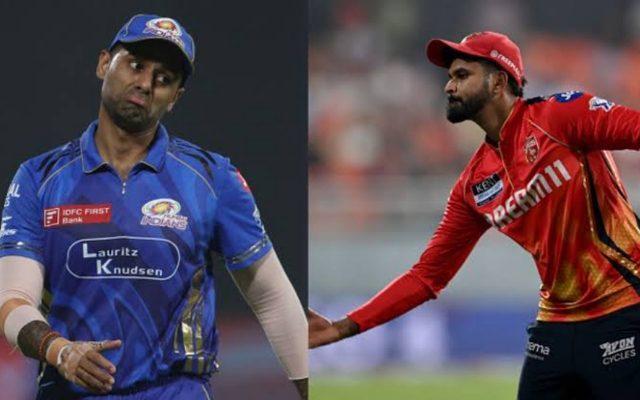
Indian Brands Go Global: Competing on Design & Quality
In recent years, the phrase “Made in India” has gained significant attention globally, symbolizing the country’s emergence as a major player in the world’s economic landscape. Gone are the days when Indian brands were solely focused on attracting foreign brands to our shores. Today, we are witnessing a remarkable shift, where Indian brands are expanding globally, competing on design, quality, and innovation.
This transformation is backed by strong manufacturing capabilities, strategic marketing, and a growing reputation for excellence. As perceptions shift, Indian businesses are building brand equity abroad, establishing themselves as serious global contenders in various industries. From consumer goods to technology, Indian brands are leaving a lasting impression on international markets.
One of the key factors driving this growth is the country’s focus on design and quality. Indian companies are investing heavily in research and development, ensuring that their products meet international standards. This emphasis on quality has helped Indian brands to gain credibility and trust among global consumers.
FCB CEO, Dheeraj Sinha, recently highlighted the significance of design and quality in Indian brands’ global success. In an interview with The Core, he stated, “Indian brands are winning on design, quality, and competitiveness globally. They’re not just competing on price; they’re competing on the overall value proposition.” Sinha’s words echo the sentiments of many industry experts, who believe that Indian brands are poised to make a significant impact on the global stage.
So, which Indian brands are leading the charge? Let’s take a closer look at some of the pioneers in the industry.
Fashion and Lifestyle
In the fashion and lifestyle sector, Indian brands like H&M-owned Fast Fashion brand, H&M India, and luxury fashion brand, Rohit Bal, have made a significant impact globally. H&M India has successfully expanded its operations to several countries, including the US, while Rohit Bal has showcased its designs at international fashion weeks, including London and Paris.
Consumer Goods
In the consumer goods space, Indian brands like Hindustan Unilever Limited (HUL) and ITC Limited have established a strong presence globally. HUL’s portfolio of brands, including Knorr, Lipton, and Vaseline, is widely recognized around the world. ITC Limited, known for its iconic brands like Aashirvaad and Sunfeast, has expanded its operations to several countries, including the Middle East, Africa, and Southeast Asia.
Technology
In the technology sector, Indian brands like Infosys, Wipro, and Tata Consultancy Services (TCS) have made significant inroads globally. These companies have established a strong presence in the global market, providing IT services to clients across the world.
The Future of Indian Brands
As Indian brands continue to expand globally, it is essential to address the challenges they may face. One of the key hurdles is the perception of quality, which can be a major barrier to entry in international markets. To overcome this, Indian brands need to focus on building trust and credibility through consistent quality and innovative products.
Another challenge is the need to adapt to local market conditions and cultural nuances. Indian brands must be prepared to tailor their products and marketing strategies to suit the unique requirements of each region.
In conclusion, Indian brands are making a significant impact globally, competing on design, quality, and innovation. As the country continues to emerge as a major economic power, it is essential to recognize the importance of design and quality in driving this growth. With a focus on research and development, strategic marketing, and a growing reputation for excellence, Indian brands are poised to make a lasting impression on the global stage.




